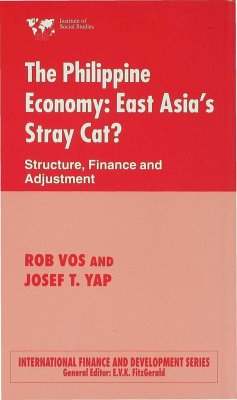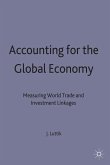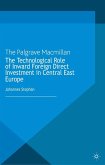The central argument of this study is that the segmented and oligopolistic financial and commodity markets, large income inequalities, and diverging accumulation behaviour of public and private sector agents are the structural and institutional features underlying the persistent macroeconomic imbalances. These factors also explain why, despite the similarity in initial economic structure and economic policies, the Philippines was systematically outperformed by many of its East Asian neighbours. Several quantitative techniques are applied including a Macroeconomic Social Accounting Framework and Computable General Equilibrium modelling. This provides an integrated and robust framework for policy analysis that is absent in other studies.
Bitte wählen Sie Ihr Anliegen aus.
Rechnungen
Retourenschein anfordern
Bestellstatus
Storno








